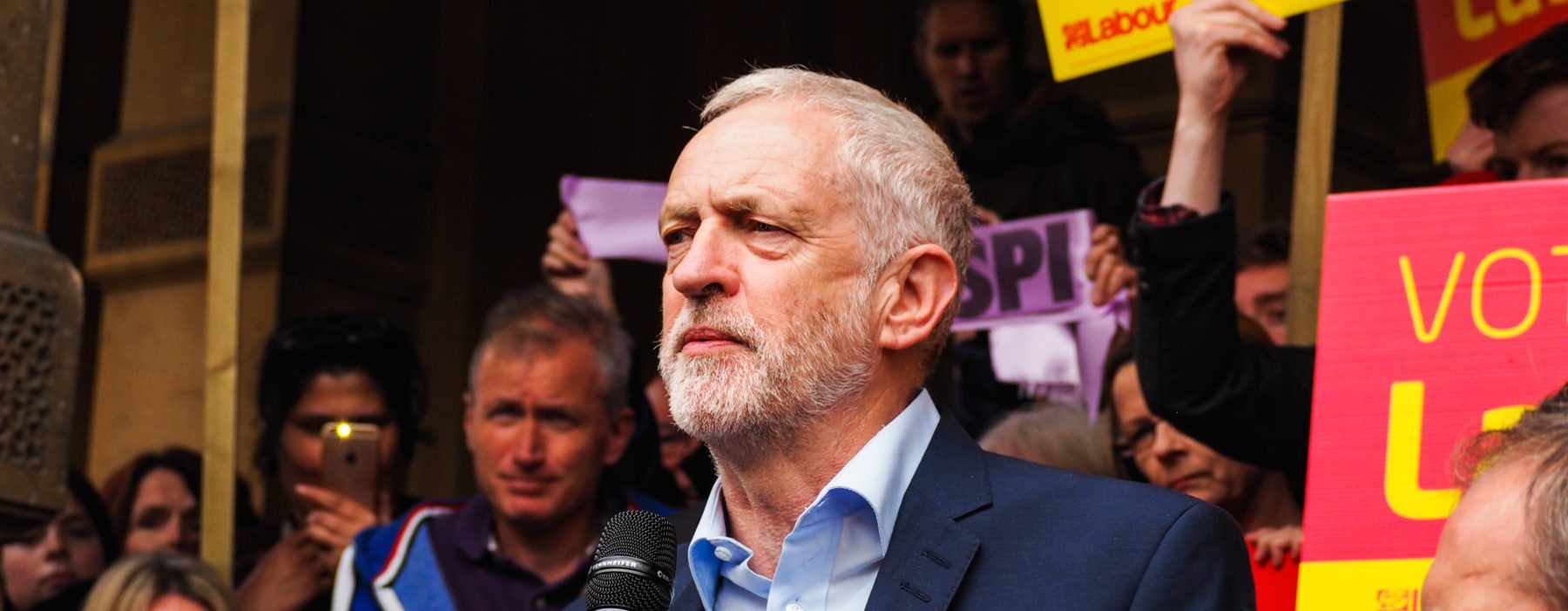United opposition or protest party? An insider’s look at the annual Labour conference
The atmosphere at the annual Labour conference last month was electric. I was lucky enough to get a free ticket: my sister, a delegate for the Labour party, is a wheelchair user, so I was her personal assistant for the event.
In the snap elections earlier this year Labour defied the odds and increased its share of the vote by more than any election since 1945. The 2017 conference was the fruitful afterglow of these elections. It is believed to have been Labour’s most attended conference so far; many Delegates who spoke boasted that it was their first ever. One delegate who had been a member of the party for over 50 years claimed it to be the best conference she had ever attended.
It was a great opportunity for normal members to make sure their issues and concerns were addressed.
There was an almost festive feel to it all. After much internal dispute, Labour appeared clearly united at the conference. Dennis Skinner was a spectacle to see; his speech witty, galvanizing, and tenacious. His description of the party as “alive and kicking” certainly seemed apt. Shadow First Secretariat of State and Secretariat of State for exiting the European Union, Emily Thornberry, also embodied Labour’s fiery optimism with her claim “no seat we can’t win and no Tory we can’t bin”.
It was a great opportunity for normal members to make sure their issues and concerns were addressed. My sister was able to speak for disabled people and has consequently received considerable press coverage, enabling her to launch a crowd-fund for a wheelchair that more adequately attends to her needs. The conference was a reminder of what is achievable in politics when people organise and work together.
While the event seemed to testify to Labour’s current stability and unity, it also highlighted some concerns.
Marketing Jeremy Corbyn as a symbol for the peaceful revolution of British politics has been key to Labour’s recent success. In this year’s General Election, Corbyn’s charm, values and principals caught the attention of many young people, including myself. While the result of the election and this conference prove Corbyn is the unquestioned leader of the Labour Party, and one who has transformed the political landscape of the UK, the party’s dedication to him seems to be shifting from grudging support to a potentially perilous cult of personality.
When members of the party attribute all of its success to a singular figure, it can risk becoming out of touch with reality.
Corbyn was everywhere in this conference: T-shirts, scarfs, mugs, tea towels… He recently delivered impassioned speeches at music festivals that were received by the crowd with the same adoring enthusiasm as performances by longstanding rock bands. We’ve all heard the Jeremy Corbyn chant at least once on a night out. Unwavering dedication to a leader is always dangerous, particularly in socialist movements, as history has shown. I am not in any way arguing that Corbyn will become a Stalinist figure; however, when some members of the party attribute all of its success to a singular figure, it can risk becoming out of touch with reality and the people and causes it truly represents.
I understand the affection from members who finally feel represented by the party. But Labour needs to revaluate how it sees and markets itself, and, subsequently, whether its leader is to be treated as a political figure or a celebrity.
The dominance of what was formerly the fringe group of the Labour Party, Momentum, was clear at the conference. This was a breath of fresh air for politics, but while I applaud the step to the left, Labour must ensure it refrains from seeming too heavily ideological. While I understand the socialist sentiment during this period of austerity, hearing Labour MPs and delegates referring to one another as ‘comrade’ feels regressive, and is bound to alienate voters.
Labour is clearly primed and ready to tackle another general election whenever it may take place.
Labour are running the risk of developing an underdog complex; happier standing on a moral high ground in the opposition than in power. Many of the speakers at the Conference spent more time Tory-shaming than proposing and debating the future of the country. Disappointingly, the pivotal Brexit debate was cancelled.
These criticisms should not undermine the success of Labour at this conference. The party is clearly primed and ready to tackle another general election whenever it may take place. The party has struck a chord with the public; however, it must be wary that there is still work to be done. Labour needs to keep its eyes on the victory but its feet rooted in reality if it wants success.

Comments